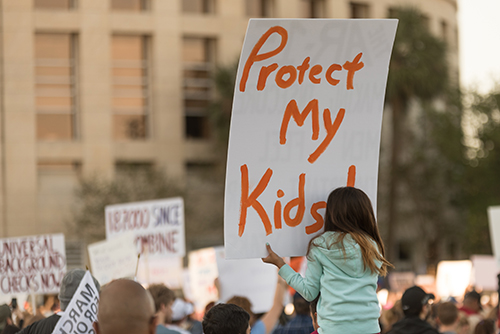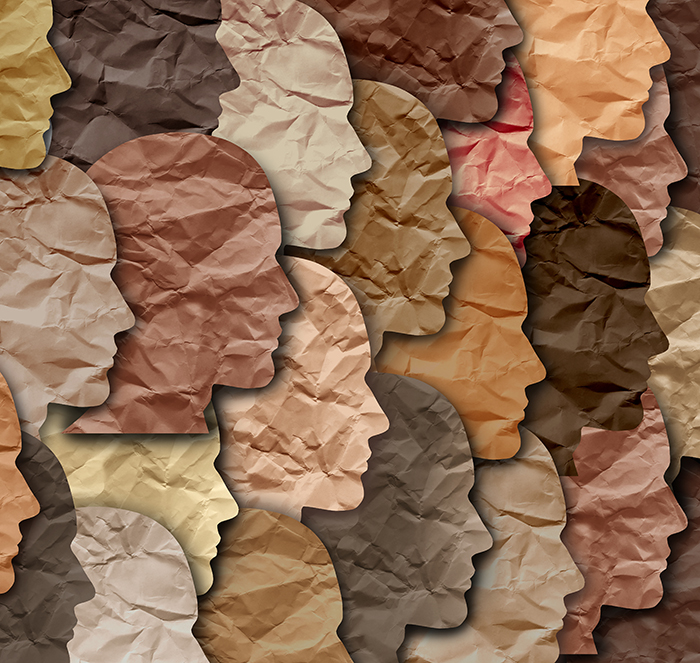School shootings untreated adolescent anger- not mental illness
Posted on June 06, 2022
 This article is part of the Mental Health Project, a Seattle Times initiative focused on covering mental and behavioral health issues. It is funded by Ballmer Group, a national organization focused on economic mobility for children and families. The Seattle Times maintains editorial control over work produced by this team.
This article is part of the Mental Health Project, a Seattle Times initiative focused on covering mental and behavioral health issues. It is funded by Ballmer Group, a national organization focused on economic mobility for children and families. The Seattle Times maintains editorial control over work produced by this team.
In the last few days alone, more than 100 people have been killed by a gun in nearly 300 incidents in the United States. This includes the 19 children and two adults murdered at Robb Elementary in Uvalde, Texas.
These events have brought a renewed focus on mental illness and attempts to link mental illness to violence. As the CEO of the National Alliance on Mental Illness of Washington, I beg of you to stop. Violence is not a product of mental illness. Violence is a product of untreated anger.
Here are the facts:
People with mental illness account for just 4% of violent crimes committed in the U.S. They commit just 2% of crimes involving a firearm.
Where there is a clear intersection of gun violence and mental illness is suicide. More than 60% of gun deaths in the U.S. are suicides, and mental illness is a significant underlying cause.
So, why do attempts to link interpersonal gun violence and mental illness persist? Perhaps because people want quick answers and assuming a shooter has mental illness is easy.
It’s important to understand the most common underlying factors that lead to violence: untreated anger, family violence, past history of violent acts, growing up where violence is used, and being young and male. To be clear, anger is not a mental illness. Hatred of others is not a mental illness.
Wasting time pointing to mental illness doesn’t get us closer as a nation to solving the gun violence epidemic, and doing so leads to discrimination and stigma against those with mental illness — who are more likely to be victims of violence than perpetrators.
As a person who lives with a mental health condition this stigma is real for me. Now that I’ve shared that I have a mental illness, are you afraid of me? Do you think I might be prone to violence? This is the stigma I, and others, face when we share illness status.
Other countries with similar percentages of people with mental illness in their populations don’t see the same level of mass gun violence that we do in the U.S. In 1996, a massacre in Scotland killed 16 students and one teacher. The United Kingdom took legislative action, and 23 years later, all forms of gun violence have significantly dropped. In stark contrast, America has more guns and more guns per capita than any other nation. With 120 civilian firearms for every 100 people, the United States more than doubles the next country in line.
Gun violence is a public health crisis. We urgently need common sense approaches to end gun violence in this country. We all want an end to this senseless violence and trauma, so we need to come together as a nation to find meaningful and sensible solutions.
NAMI is ready to help the nation address its trauma. You can connect to your local NAMI chapter at nami.org/findsupport. The NAMI HelpLine is available at 1-800-950-6264 — open Monday through Friday from 7 a.m. to 7 p.m. Pacific time.
Lauren Simonds is the executive director of the Washington chapter of the National Alliance on Mental Illness, the nation’s largest grassroots mental health organization, providing free peer-led classes, support groups and community programming. NAMI Washington is the state office, leading 20 local NAMI affiliates across Washington. For more information visit namiwa.org.
o----------o
We’d like to hear from you. The Mental Health Project team is listening. We’d like to know what questions you have about mental health and which stories you’d suggest we cover. Get in touch with us at mentalhealth@seattletimes.com.
SEE ALSO:
More Mental Health Articles
Sexual Bias Articles
Race Relations Articles
How Drugs and Alcohol Affect the Brain and Body
WA. Counselor Directory: find a therapist near you
How helpful is this web page to you?
(and how can we can improve this page for you?)
not helpful
very helpful
Other Articles
At CPS high schools, a stark racial divide on when cops are called on students and arrests
For years, Black students and activists have complained about having police in their schools, saying it results in staff targeting Black youth. CPS
For years, Black students and community activists have complained about having uniformed police officers in their schools, saying the result is that school staff members target Black children, getting cops i... read more
How history has led to an extraordinary moment
Aaron Dixon has seen a lot in his 71 years. The leader of Seattle’s Black Panther Party in the height of the turbulent 1960s, Dixon lived through the uprisings after the murder of the Rev. Dr. Martin L... read more
New symbol of interracial couples.
Kamala Harris and Doug Emhoff
On the last night of the Democratic National Convention, Aisha Cozad watched on television as Joe Biden and his vice-presidential choice Kamala D. Harris held their clasped hands triumphantly aloft. But... read more
What will come of the wreckage of a divided America?
It's in our hands
Several weeks ago, I found myself straddling the centerline of a rural highway, kneeling on hot asphalt, aiming a charged fire hose at the aftermath of a head-on collision. Neither car was yet burning, but f... read more




